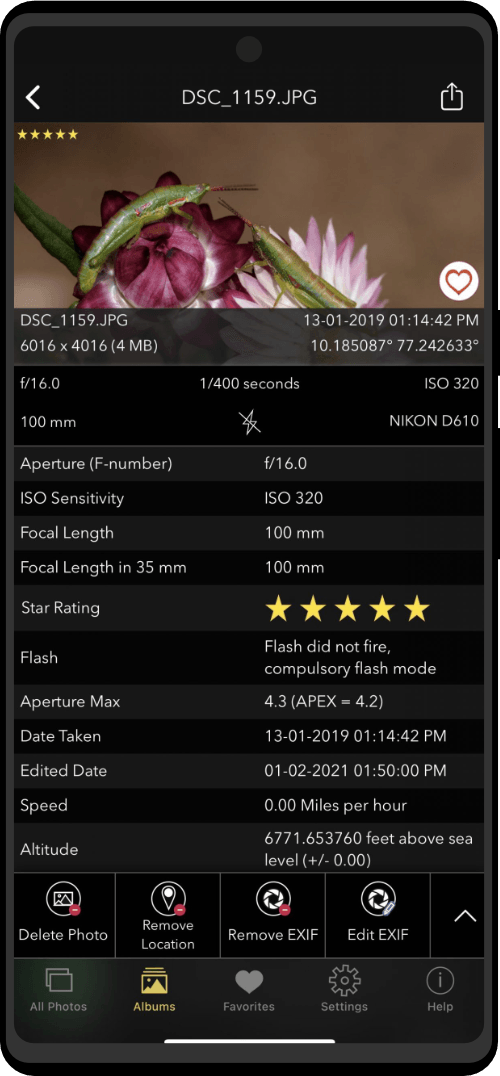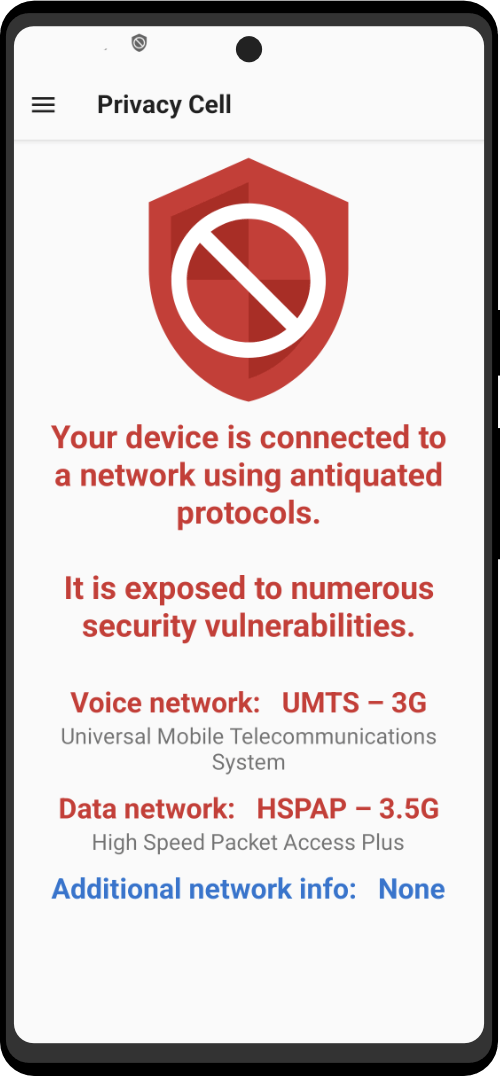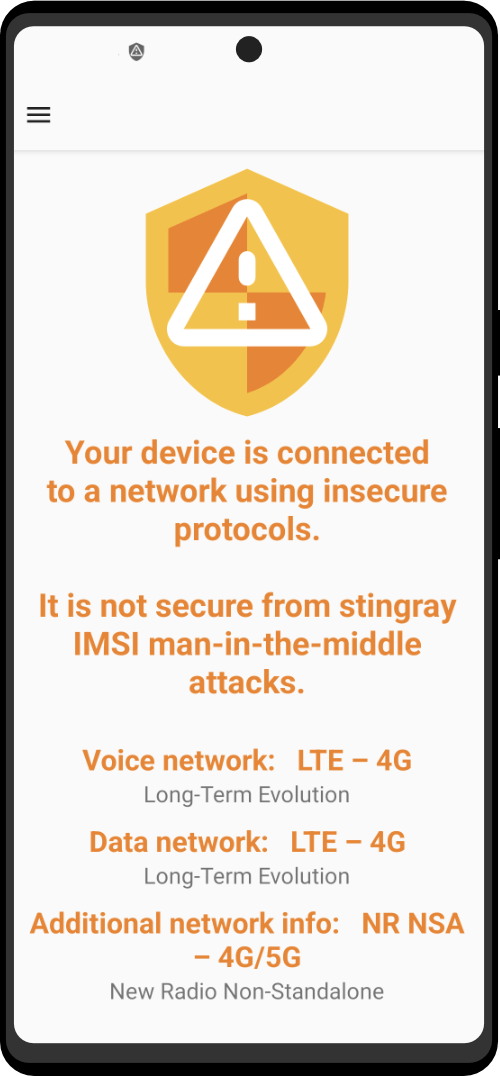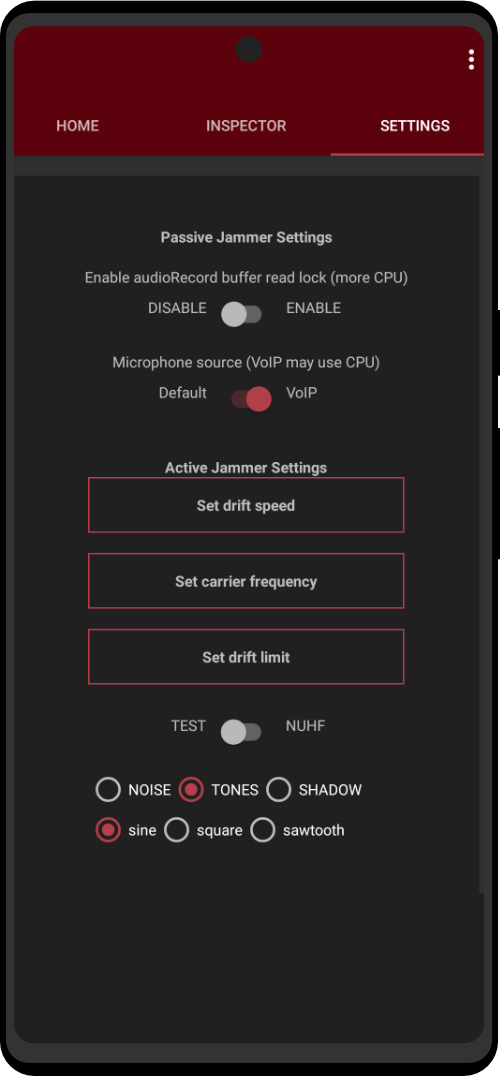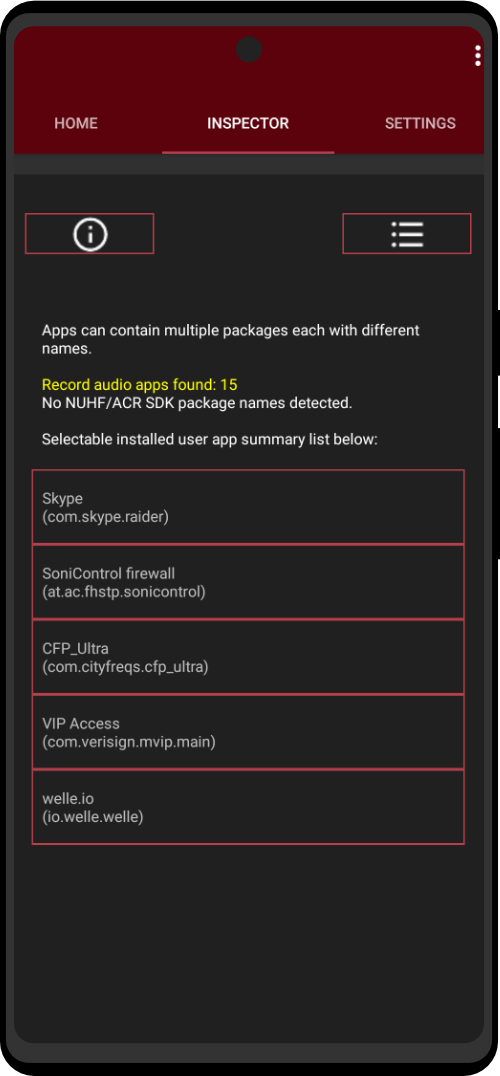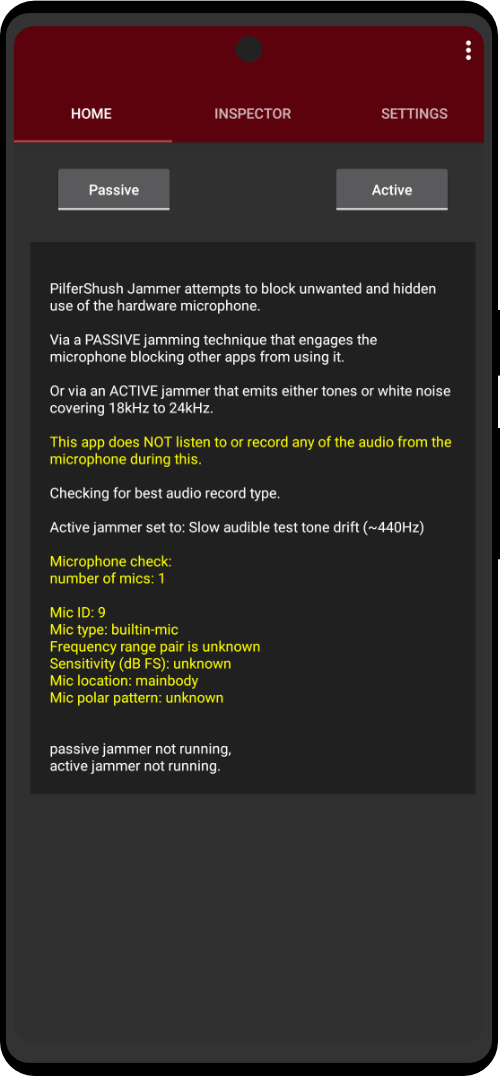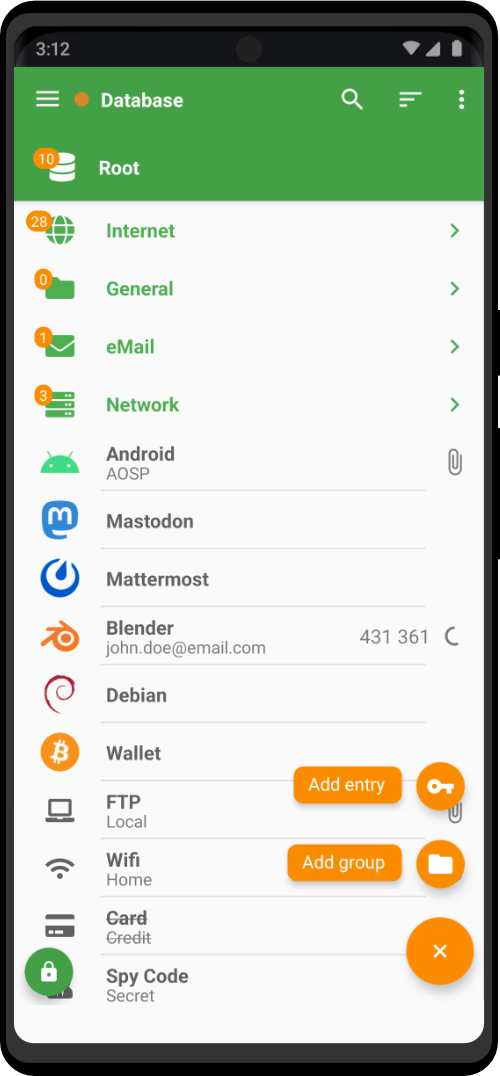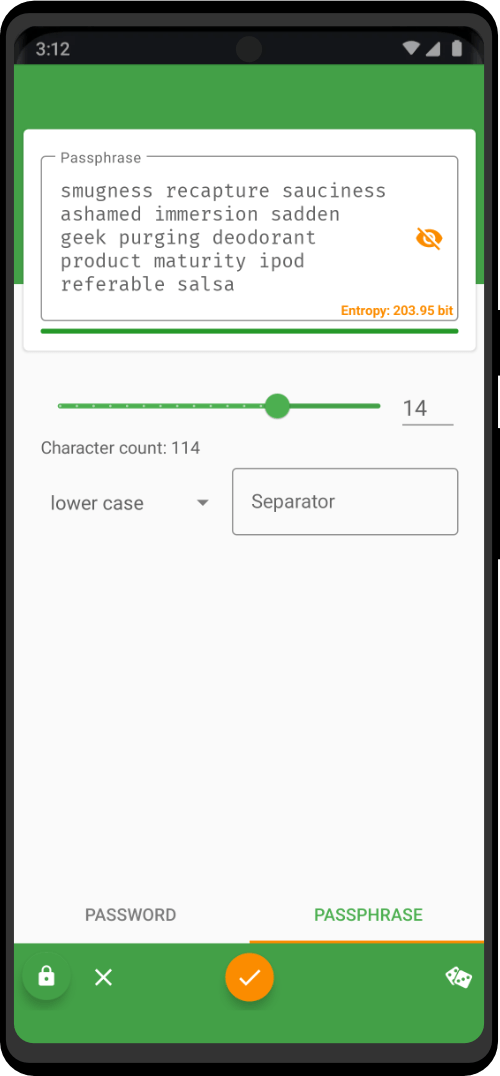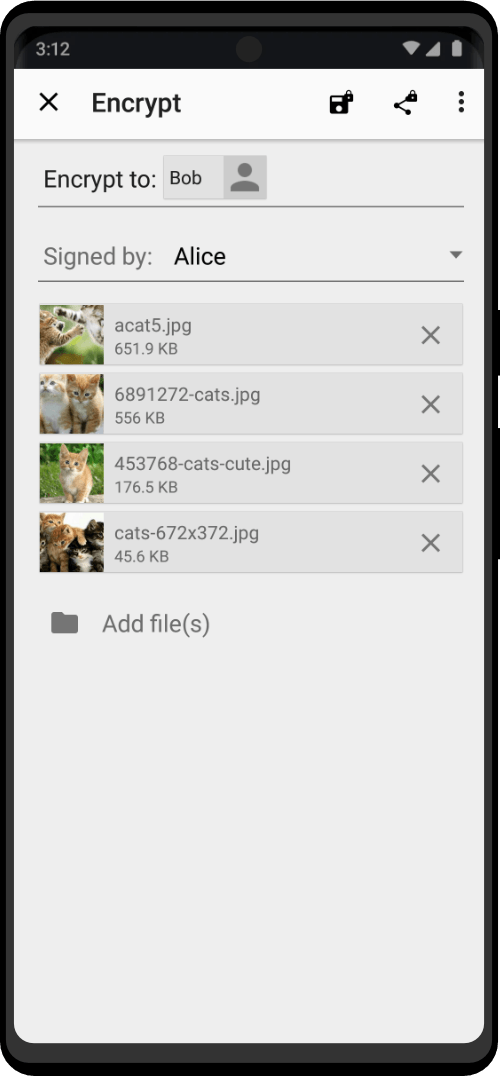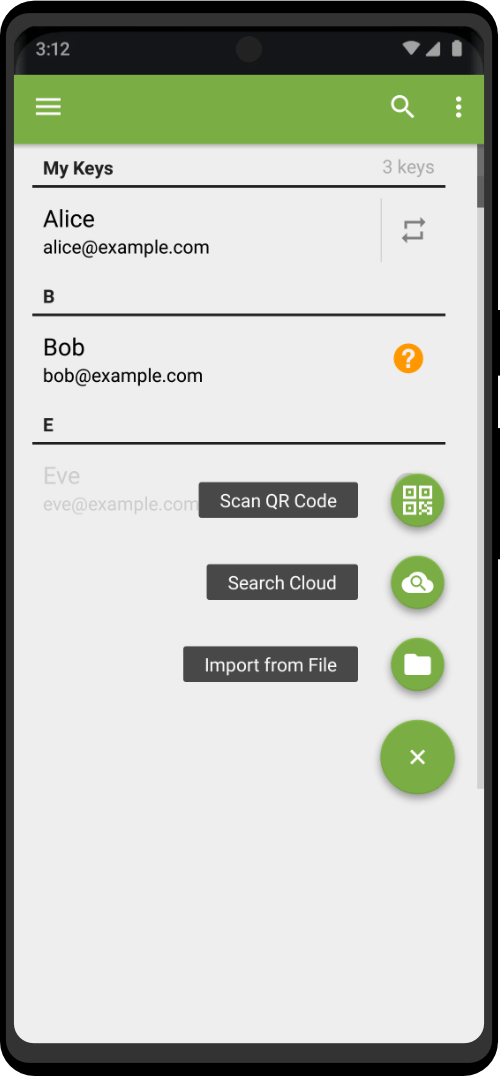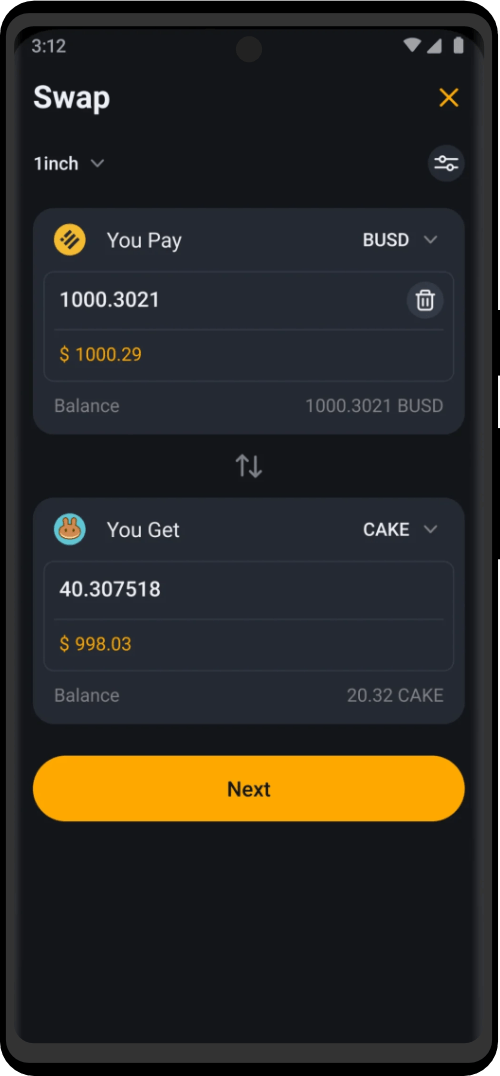The public image of bitcoin, cultivated by the media, is of the international criminal’s currency of choice – an anonymous, untraceable means of laundering proceeds of crime. This has made for compelling column inches, but the opposite is true. Bitcoin is, in fact, the most transparent payment method ever developed and has the potential to become a powerful tool in the fight against financial crime.
On day nine of the trial of Ross Ulbricht, the prosecution called their key witness: Ilhwan Yum, an FBI special agent, and cybersecurity expert. Ulbricht had been arrested in a San Francisco public library fifteen months earlier and charged with being the owner and operator of Silk Road, the world’s largest online illegal marketplace. By using bitcoin as the only means of payment, the operators of the site hoped to maintain the anonymity of their users, who were primarily engaged in buying and selling illegal drugs. Over $1 billion in transactions took place on Silk Road between February 2011 and July 2013, and almost $80m of commissions were earned by the operators – all in bitcoins.

‘Bitcoin transactions are anything but anonymous’
Identities Can Be Linked To A Pseudonym
FBI Agent Yum’s testimony provided a clear and high-profile illustration of what those with a technical understanding of the digital currency already knew – that bitcoin transactions are anything but anonymous. Up until this point in the trial, Ulbricht’s defense team had maintained that he was not the operator of the Silk Road and had merely created it before handing it over to others. Yum provided the smoking gun in the form of incontrovertible proof that over a 12-month period, more than 700,000 bitcoins had been transferred from the Silk Road bitcoin wallet directly to a wallet on Ross Ulbricht’s laptop.
To understand how this link could be made, we need to take a closer look at how bitcoin transactions work. In order to send or receive bitcoins, you need a bitcoin address – a string of letters and numbers. This address is analogous to an email address: you can send bitcoins to a bitcoin address in the same way as you can send emails to an email address. At the core of bitcoin is a public, online ledger recording every single transaction, for all to see, known as the blockchain. Agent Yum simply searched the bitcoin blockchain for transactions involving the bitcoin addresses found in the Silk Road wallet and those on Ross Ulbricht’s laptop – and bingo, he found transactions going directly between them.

‘In many cases identities can be linked to bitcoin addresses’
Now of course the blockchain does not record everything – identities of the transacting parties are not recorded. So bitcoin is pseudonymous rather than anonymous – your pseudonym (bitcoin address) is recorded, but your identity isn’t. However in many cases identities can be linked to bitcoin addresses – and it is usually much easier than seizing someone’s laptop.
Any bitcoin transaction with a party that knows your identity leaks information that can be used to identify your activity, past, and future, on the blockchain. For example, if you transfer bitcoins to an online retailer, an exchange, or any of the other services that take customer identity information, you allow them to link that identity to your blockchain pseudonym, potentially revealing the other transactions that you are party to.
Bitcoin, therefore, provides the ultimate paper trail for law enforcement agencies, tax authorities, and compliance professionals. This traceability also makes bitcoin theft a far less attractive endeavour. Many tens of millions of pounds’ worth of bitcoins have been stolen from exchanges and wallet services over the past few years, but the thieves have been able to do very little with these stolen funds because in most cases they have been identified on the blockchain and forever “tainted” – the digital equivalent of blood-stained fifty-pound notes.
Of course, bitcoin laundering tools, known as ‘mixers’ or ‘tumblers’, have sprung up. These services attempt to break up the paper trail by exchanging one set of bitcoins for another with different addresses and transaction histories. However, these services have serious limitations – they tend not to work well for large volumes and the laundering process can itself often be identified on the blockchain.

‘We must protect the right to maintain user privacy’
We are only just starting to scratch the surface of what information can be mined from the open transaction ledger at the heart of bitcoin. As criminals develop more sophisticated laundering techniques, so others will develop more powerful tools to extract identifying information from the blockchain and trace payments.
This also has serious implications for user privacy – we are on the whole comfortable with entrusting our financial information with banks, but opening up this transaction history for all to see on the blockchain may be too much for many. The laundering techniques employed by criminals may be indistinguishable from completely justified efforts by bitcoin users to mask their activity – but we must protect the right to maintain this privacy.
What is clear is that regulators and law enforcement agencies should not fear this technology, but embrace it. The transparency of digital currencies makes them an uncomfortable home for the proceeds of crime.






